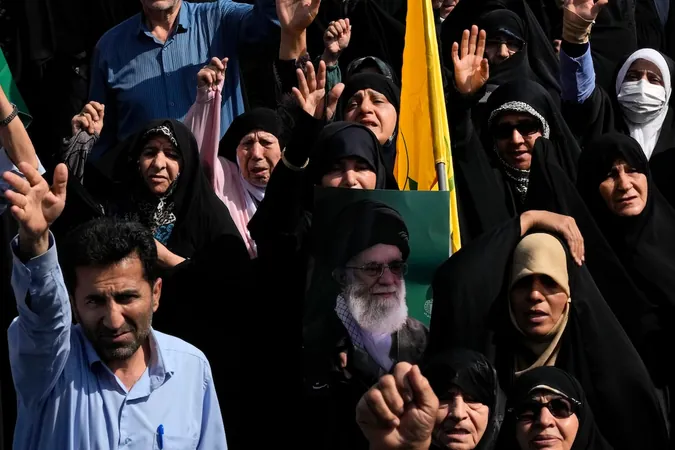
Heightened Tensions in Iran: Supreme Leader Ali Khamenei Moves to Secure Location Amid Regional Turmoil
2024-09-28
Supreme Leader Ayatollah Ali Khamenei has reportedly been relocated to a secure location within Iran due to escalating security concerns, following Israel's assassination of Nasrallah, the commander of the Hezbollah militant group. Sources disclosed this information to Reuters, highlighting a growing sense of paranoia among Iranian officials amid a string of aggressive strikes against Hezbollah, Tehran's most formidable ally in the region.
As regional tensions soar, the Iranian elite, known as the Revolutionary Guards Corps, have taken drastic measures by ordering their members to cease using communication devices. This decision comes on the heels of explosive attacks on pagers and walkie-talkies linked to Hezbollah, which Lebanon attributes to Israel's involvement, although Israel has yet to confirm or deny any participation.
In light of Nasrallah's assassination, Iranian officials have been in constant communication with Hezbollah and other allied proxy groups, strategizing their next moves in response to this significant development. Khamenei himself issued a defiant statement, proclaiming that the destiny of the region would be shaped by forces of resistance with Hezbollah leading the charge. He also declared five days of mourning to honor Nasrallah's memory, vowing that 'the blood of the martyr shall not go unavenged.'
Nasrallah's death represents a substantial setback for Iran, as he played a pivotal role in fortifying Hezbollah, an essential element of Iran's regional allies, collectively known as the 'Axis of Resistance.' This network stretches from Hezbollah in Lebanon to Hamas in Gaza, Iranian militias in Iraq, and the Houthis in Yemen. The ongoing conflict between Hamas and Israel, which erupted dramatically on October 7, continues to draw regional actors into a larger web of violence and retaliation.
Throughout the heightened hostilities surrounding the Gaza War, Hezbollah has actively engaged in skirmishes along the Lebanese-Israeli border, vowing to persist until a ceasefire is established in Gaza. The Revolutionary Guards are currently executing a significant campaign to scrutinize potential infiltrations by Israeli operatives, introducing strict protocols for communications and personnel security within their ranks.
In a surprising remark, Iranian President Masoud Pezeshkian accused the United States of complicity in Nasrallah’s death, holding U.S. weapon supply to Israel accountable for the ongoing violence. 'The Americans cannot deny their complicity with the Zionists,' he stated, amplifying the narrative of foreign interference that is prevalent in Iranian rhetoric.
As the situation continues to develop, the region holds its breath, watching for Iran's next moves and the possibility of further escalation. This tumultuous period marks a pivotal moment for both Iran and its allies as they navigate an increasingly volatile landscape charged with retaliation and strategic countermeasures. Will the bloodshed spark a larger confrontation in the region? Only time will tell.
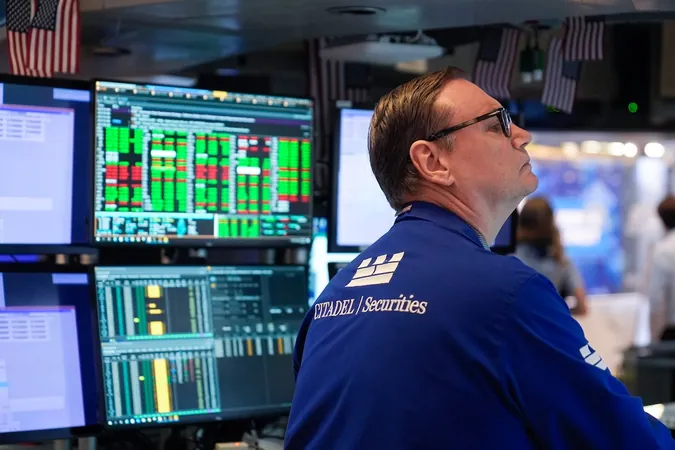



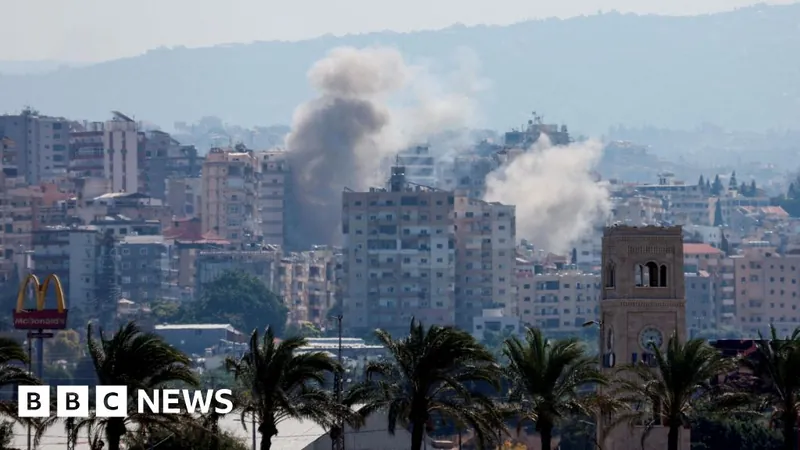
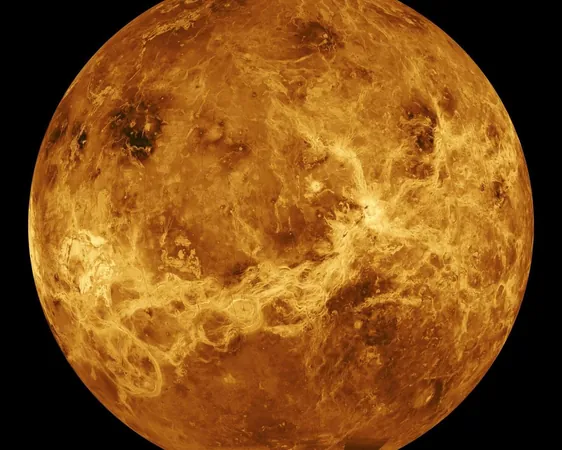
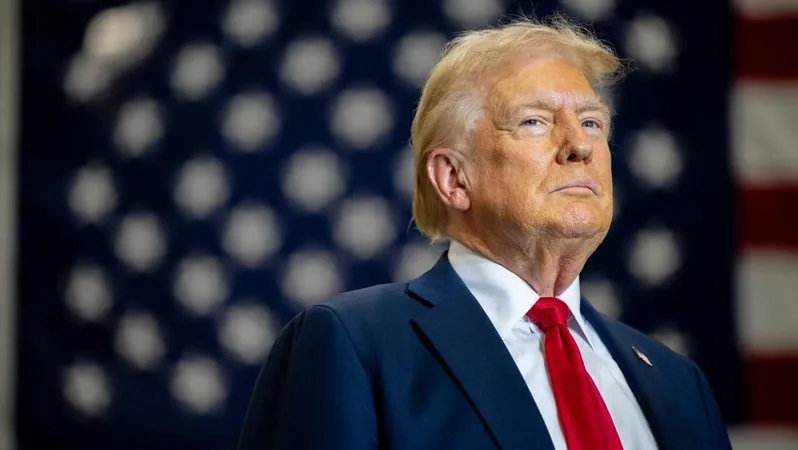


 Brasil (PT)
Brasil (PT)
 Canada (EN)
Canada (EN)
 Chile (ES)
Chile (ES)
 España (ES)
España (ES)
 France (FR)
France (FR)
 Hong Kong (EN)
Hong Kong (EN)
 Italia (IT)
Italia (IT)
 日本 (JA)
日本 (JA)
 Magyarország (HU)
Magyarország (HU)
 Norge (NO)
Norge (NO)
 Polska (PL)
Polska (PL)
 Schweiz (DE)
Schweiz (DE)
 Singapore (EN)
Singapore (EN)
 Sverige (SV)
Sverige (SV)
 Suomi (FI)
Suomi (FI)
 Türkiye (TR)
Türkiye (TR)